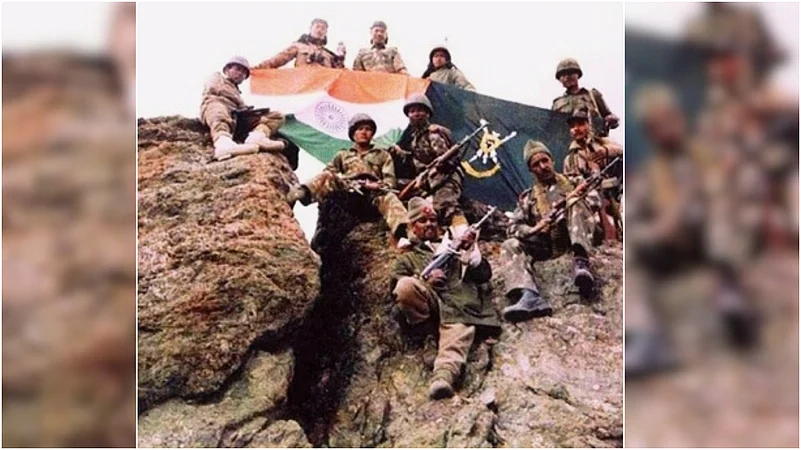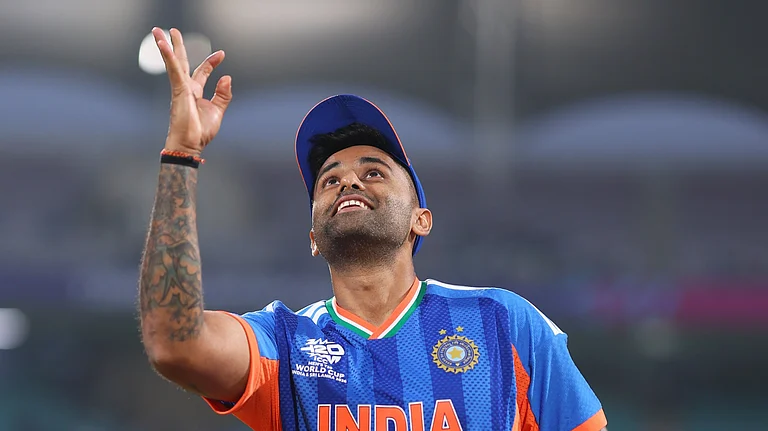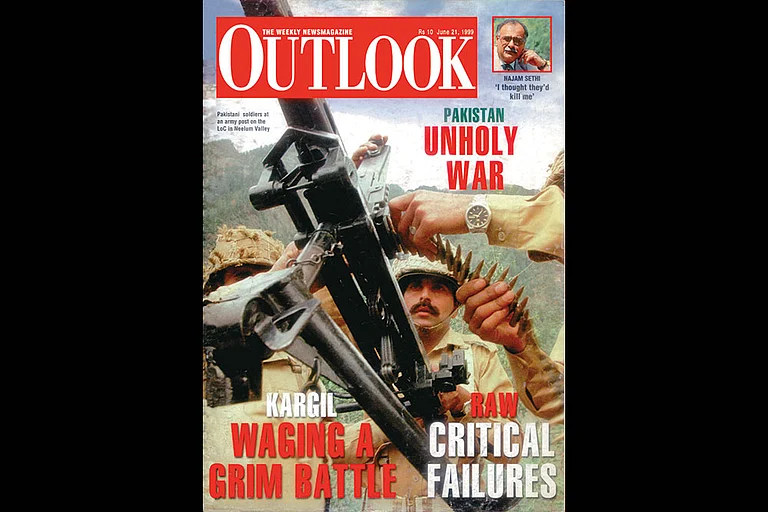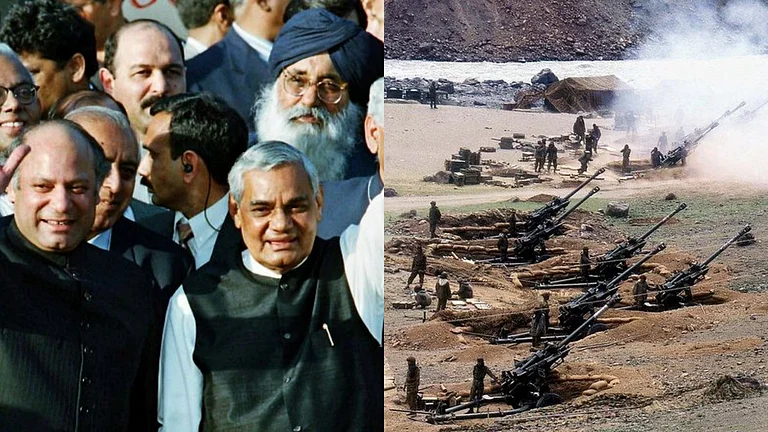Every year, India marks Kargil Vijay Diwas on July 26. The day is a significant in India's history as it marked the end of the Kargil War with Pakistan in 1999. As we mark 25 years of the deadly conflict, one question remains on the minds of Indians – why did our troops not cross the Line Of Control?
The Kargil War of 1999, also known as Operation Vijay, started in May and ended in July with the removal of Pakistani infiltrators from the region. A total of 2,00,000 troops were mobilized as part of the military operation, of which around 500 were killed and with one pilot taken as a prisoner of war.
What Triggered The Conflict?
The Kargil War was triggered after several Pakistani troops infiltrated into the Kashmir district disguised as militants and insurgents in May 1999. The intrusion, which was first reported by local shepherds in the region, prompted a quick response from the Indian Army.
Patrols were sent out based on the reports by locals in Kargil. However, five soldiers were captured by the Pakistani troops and killed. These killings were followed by visit by General Pervez Musharraf and the complete destruction of the Army’s ammunition dumps in Kargil. Soon enough, India and Pakistan found themselves in a war.
The conflict, which was a violation from Pakistan’s end to the Shimla Accords of 1972 and the Lahore Declaration of February 1999, turned from an “intelligence failure” to a victory for India.
The Indian Army and Air Force combined were able to remove all infiltrators form the region and all without crossing into the Line Of Control between India and Pakistan.
Why Did India Not Cross The LoC?
A simple answer – instructions from the Prime Minister’s Office restricted Indian movement across the LoC. The decision came as a challenge at the time as troops were ready to cross the border and eliminate the infiltrators and their camps once and for all.
“We were ready for offensive action (for which the Bareilly-headquartered 6 Mountain Division could have been deployed) had the CCS okayed the plan,” General Malik stated in an interview, adding that the forces had been given clear instructions from the political top-brass - do not cross the Line of Control (LoC).
This simple instruction from Prime Minister Vajpayee and the Cabinet Committee on Security had many layers to it. The most prominent of it all - India is a peace-loving nation and will adhere to international laws.
Despite these instructions, a backup plan included crossing the Line of Control, in case the military did not achieve its target.
“I had to ask the Prime Minister not to speak about it (not crossing the LoC) in public and explained that in case we don't achieve our targets fully we will have no option but to cross the Line of Control," stated General Malik in an interview with India Today.
A key to India’s foreign policy, especially when it comes to tensions with Pakistan is that India will not be the one to start the war. However, India has stated at multiple occasions that any Pakistani aggression or infiltration will not go answered.
As the conflict escalated, it was understood that Pakistani Prime Minister Nawaz Sharif had very little information on the conflict, proving that the move into Kargil was one taken by the rogue troops led by General Musharraf.
The Kargil War soon went global with attention from China and the United States. However, it was pressure from the US which resulted in Pakistani withdrawal.
Former US President Bill Clinton appealed to both countries involved in the conflict. To Pakistan, former POTUS called for an urgent withdrawal from the Indian territory.
However, for India, Clinton urged for restraint as many feared that New Delhi might cross the LoC, which in turn may trigger a war in the region where both countries are armed nuclear powers.
On July 5 1999, after multiple phone calls with US President Clinton and heightened coercion from America, Nawaz Sharif announced the withdrawal of Pakistani troops from the region.
Indian troops then proceeded to regain control of the area and continued their operation till July 26 1999, when PM Vajpayee declared Operation Vijay a success.
In the words of former Minister of External Affairs Jaswant Singh, Pakistan’s “ill-conceived misadventure aimed to turn tactical surprise into a strategic gain by bringing about a de-facto realignment of the LoC or to provoke India into an escalation”.
However, India practised restraint and did not cross the LoC despite the high number of causalities and the deployment of air power.
Twenty-five years after the Kargil War, tensions between India and Pakistan remain high. With an uptick in the number of terror-related attacks in Kashmir, the Indian Government has made its stance stronger and stated that if need be, it will not be afraid to cross the Line of Control.
As per Defence Minister Rajnath Singh, India chose not to cross the LoC during the Kargil War. However, if the need arises, India can and will cross the line in the future.
"We could have crossed the LoC, we can cross the LoC, and will cross the LoC in future if need be. I would like to reiterate that we could have crossed the LoC, we can cross the LoC, and will cross the LoC in future if the need arises. I assure the countrymen about this."






























